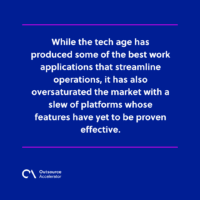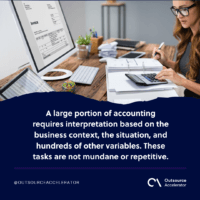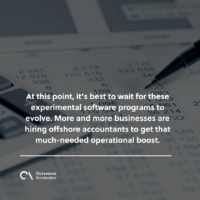Bench’s sudden shutdown
Accounting startup Bench, which promised to revolutionize the segment by combining automation and human support, and raising over $100m in the process, abruptly shut down in December 2024. The sudden closure caused chaos among customers, who were locked out of their accounts right in the middle of tax season.
Days after the shutdown, HR tech company Employer.com announced its intention to acquire the failed venture capital-backed startup. Employer.com said it would reactivate Bench’s platform and provide instructions for customers to log in and obtain their data.
It’s still unclear what prompted Bench to shut down without sufficient notice. Some blame poor service quality, particularly delays in bookkeeping updates. Others were turned off by its proprietary software, which locked users in Bench’s ecosystem. Bench, which has raised over $100 million since launching in 2012, also did not have direct export capability to major accounting platforms like QuickBooks, a staple for small and medium-sized companies.
Whatever the case, the incident represents startups’ overeagerness to get ahead of the curve, sometimes to a fault. In their quest to create a game-changing product, startups forget the fundamentals of research and development. They fail to identify what the market truly needs and instead release a half-baked product that creates more problems than solutions.
Software oversupply
While the tech age has produced some of the best work applications that streamline operations, it has also oversaturated the market with a slew of platforms whose features have yet to be proven effective.
Clients desperate for a productivity boost have become guinea pigs of this unfortunate trend. Suddenly, trying out a new platform carries a great risk that could cost businesses millions of dollars.
To avoid this trap, firms must determine whether their processes truly need automation or complementary software. As they say: if it’s not broken, don’t fix it. Sometimes, the traditional method gets the job done perfectly, especially in the accounting segment — a discipline that has existed for hundreds of years.
The human factor
Experts argue that while some parts of accounting may be automated in the future, there is still a lot of work left to interpret. Accounting isn’t all about balancing financial statements or crunching numbers.
A large portion of accounting requires interpretation based on the business context, the situation, and hundreds of other variables. These tasks are not mundane or repetitive. Variables can change at a moment’s notice, requiring an accountant’s intelligence, experience, and flexibility to make a professional judgment.
At this point, it’s best to wait for these experimental software programs to evolve. More and more businesses are hiring offshore accountants to get that much-needed operational boost. Available at a 70% discount, these outsourced workers provide the top firms in the world with expert, reliable, and top-notch accounting services.
In the sea of janky and bleeding-edge technology, it’s best to return to the tried-and-true expertise of the human professional.
The question for your business
How are you managing your accounting services?
Read more thought leadership articles here:





 Independent
Independent





















